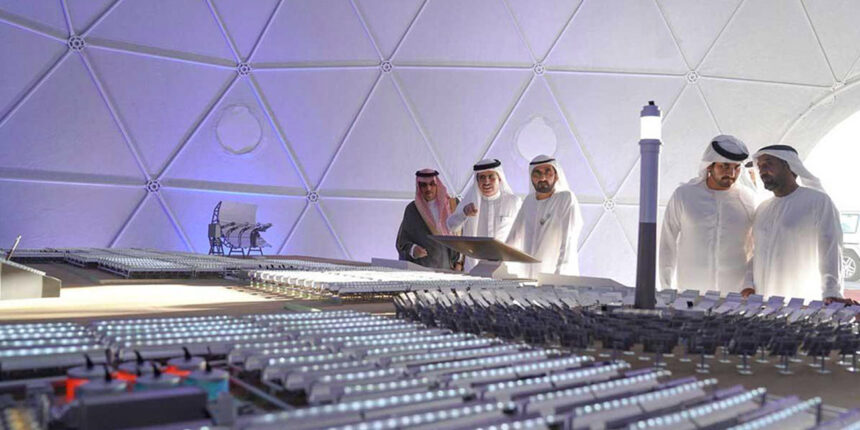Planting Innovation in the Desert
In the sun-scorched plains of the UAE’s Al Ain region, a green revolution is quietly underway. At the heart of it is Fatima Al-Harbi, a 33-year-old environmental engineer from Abu Dhabi who has become one of the most influential climate entrepreneurs in the Middle East.
Her startup, VerdantX, is pioneering sustainable agriculture and water-saving technologies in arid climates—transforming not only how the Gulf grows its food, but how it thinks about the intersection of technology, ecology, and economic resilience.
“We don’t just want to survive climate change,” says Al-Harbi. “We want to lead the way in solving it—regionally and globally.”
A Personal Journey Toward Purpose
Fatima Al-Harbi grew up in a family of farmers and teachers in Al Ain. She remembers watching her grandfather irrigate his small date farm with ancient falaj channels, aware even then of water’s scarcity and value.
But it wasn’t until her undergraduate studies in environmental engineering at Masdar Institute, followed by a fellowship at ETH Zurich, that she fully grasped the magnitude of the Gulf’s environmental challenges.
“We are ground zero for climate stress—water scarcity, food imports, extreme heat,” she says. “That made it clear: if we don’t innovate, we won’t endure.”
Founding VerdantX: A GreenTech Startup with Desert Roots
In 2020, Al-Harbi founded VerdantX with one goal: to build modular, tech-driven solutions for food and water sustainability in arid environments.
Starting with a $50,000 grant from the UAE’s Emirates Green Innovation Fund, she and a small team of engineers and agronomists developed their flagship product: HydroWeave™, a solar-powered, AI-managed vertical farming system that uses 90% less water than traditional greenhouses.
Early pilots were deployed on school rooftops and government buildings. The results were startling:
- Lettuce yields grew 3x faster than conventional desert farming
- Water use per crop dropped by 92%
- Energy self-sufficiency reached 85% via integrated solar shading systems
The Tech: Smart, Sustainable, Scalable
VerdantX’s core innovations combine:
✅ HydroWeave™ Technology
- Smart fabric layers that hold and recycle moisture
- AI-controlled nutrient dispersion and root-zone temperature management
- Can be deployed vertically or horizontally, from rooftops to container farms
✅ AquaSense Dashboard
- Real-time data monitoring on soil, water, temperature, and solar load
- Predictive analytics to optimize planting cycles
- Cloud-integrated for access via app and web
✅ DesertSeed Vault
- Native seed bank and genetic research project for heat-resilient crops
- Focused on regional species with nutritional and ecological value
“Tech shouldn’t fight nature—it should learn from it,” Al-Harbi explains. “We’ve studied how desert plants survive. Now we’re applying that intelligence to agriculture.”
Scaling Across the Middle East
By 2023, VerdantX had deployed projects in Oman, Jordan, and Saudi Arabia, with pilot farms in refugee camps and Bedouin villages.
In 2024, the company secured a $12 million Series A round led by the MENA Green Capital Consortium, enabling:
- The launch of the VerdantX Academy, training women and youth in climate tech
- Development of containerized, off-grid farming kits for humanitarian and disaster relief
- Expansion into North Africa and Southeast Asia, targeting high-climate-risk zones
Today, VerdantX supports over 600 sustainable farm units in 10 countries and has partnered with:
- The UAE Ministry of Climate Change and Environment
- UNHCR, for refugee nutrition solutions
- Aramex and ADNOC, for sustainable campus and worker accommodation food programs
